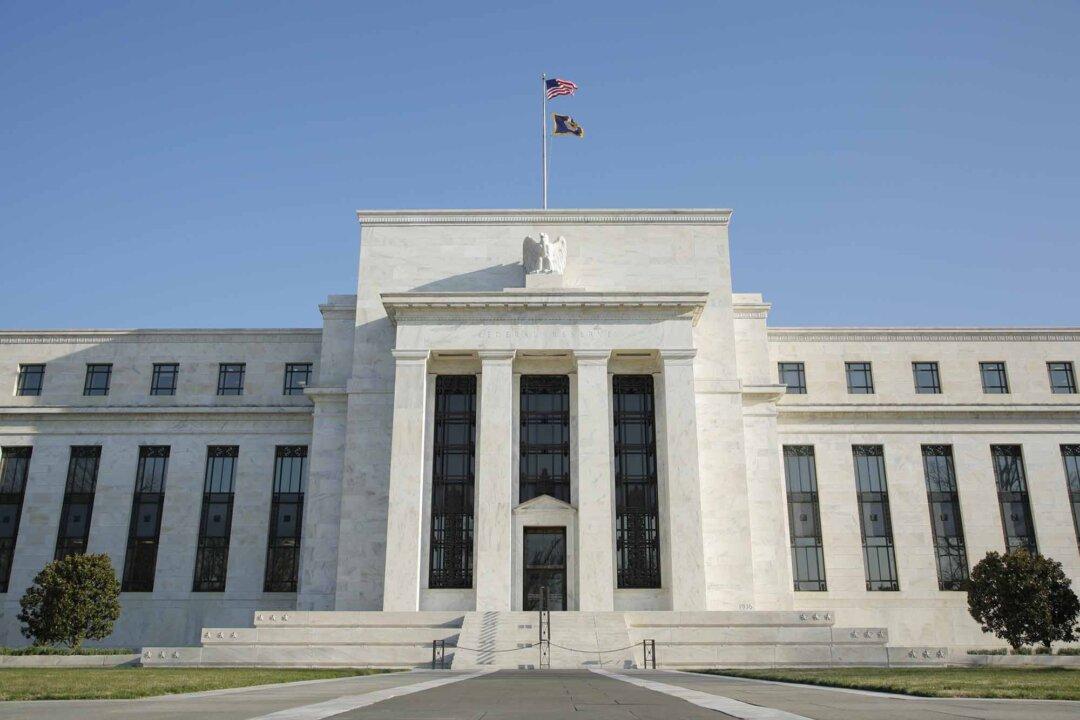Allow me to explain why we have not seen a recession yet, despite the collapse in base money supply. We are witnessing the stealth nationalization of the economy. What does this mean? The entire burden of the monetary collapse and rate hikes is falling on the shoulders of families and small businesses, while large corporations and governments are virtually unaffected. Thus, when an agent like the state, which weighs 40–60 percent of domestic product (GDP) in most economies, continues to consume wealth and spend, GDP does not show a recession even though consumption and private investment in real terms is declining. Bloated government spending is disguising a private-sector recession and the decline in real disposable income, real wages, and margins of small and medium-sized enterprises (SMEs). Furthermore, the accidental and exogenous factor of widespread weaker commodities is boosting the external contribution of gross domestic product.

The U.S. Federal Reserve bank in a file photo.
Commentary
Daniel Lacalle, Ph.D., is chief economist at hedge fund Tressis and author of the bestselling books “Freedom or Equality” (2020), “Escape from the Central Bank Trap” (2017), “The Energy World Is Flat” (2015), and “Life in the Financial Markets.”
Author’s Selected Articles




